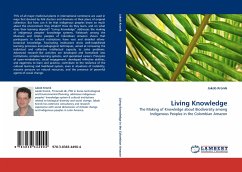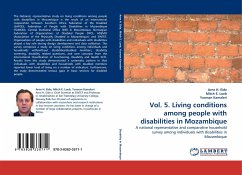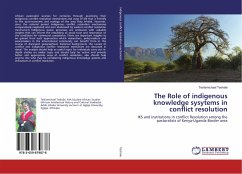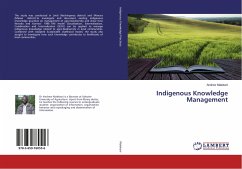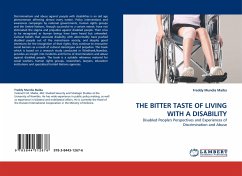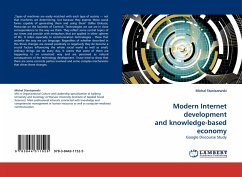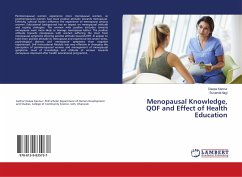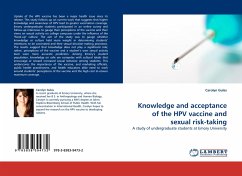75% of all major medicinal plants in international commerce are used in ways first devised by folk doctors and shamans at their place of original collection. But how can it be that indigenous peoples know so much about the environment they inhabit? How do they learn, and on what does their learning depend? Living Knowledge addresses the making of indigenous peoples knowledge systems. Fieldwork among the Muinane and Uitoto peoples of Colombian Amazon shows that participants in cultural institutions have vast and detailed ethno-botanical knowledge. Fascinating institutions show well-established learning processes and pedagogical techniques, aimed at increasing the individual and collective intellectual capacity to solve problems. Advanced research-like activities are developed and formalised into institutions, complex learning systems, and specialized careers. Principles of open-mindedness, social engagement, developed reflective abilities, and eagerness to learn and practice, contribute to the resilience of the cultural learning and livelihood system, even in situations of instability, massive pressure on natural resources, and the presence of powerful agents of social change.
Hinweis: Dieser Artikel kann nur an eine deutsche Lieferadresse ausgeliefert werden.
Hinweis: Dieser Artikel kann nur an eine deutsche Lieferadresse ausgeliefert werden.

